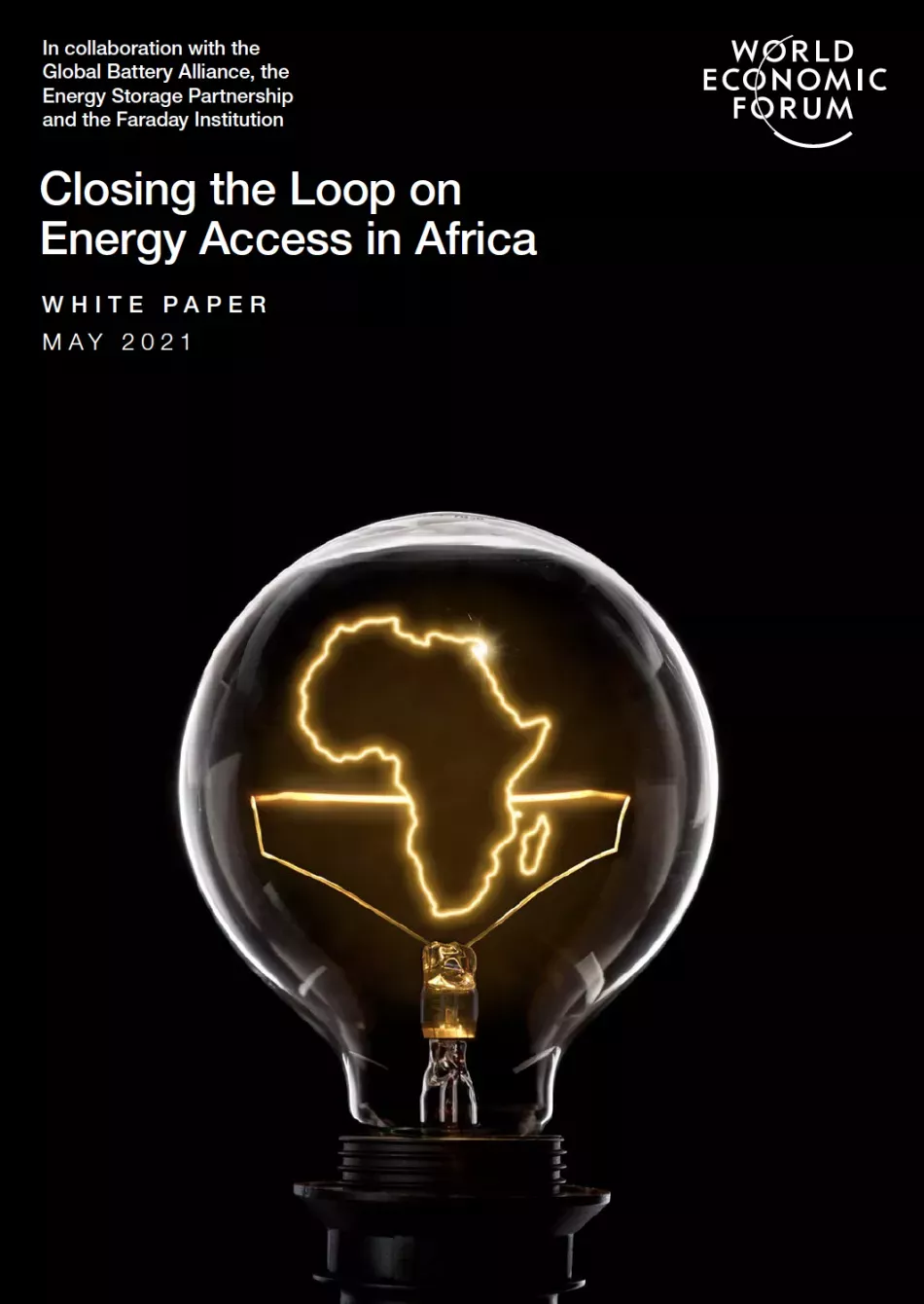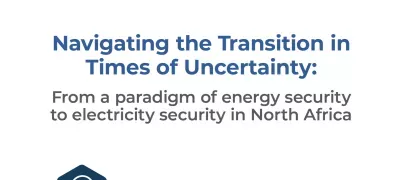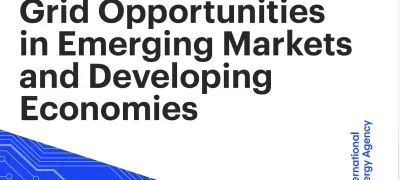
Batteries play a crucial role in achieving energy access goals in sub-Saharan Africa, where millions lack reliable electricity. They enable the use of decentralized energy technologies like solar home systems (SHS) and enhance grid reliability, leading to significant improvements in health, education, and productivity. Projections suggest a sevenfold increase in stationary battery capacity by 2030, driven by demand from energy access applications, particularly mini-grids. However, achieving full energy access will require addressing affordability issues and improving business models.
Meeting the growing demand for batteries while minimizing economic, environmental, and human costs necessitates the development of high-quality recycling and repurposing practices, currently lacking in most African countries. Environmentally sound reuse and recycling are crucial for mitigating these costs and could lower battery prices by an estimated 30%. Additionally, investing in recycling and repurposing creates employment opportunities and advances renewable energy uptake, contributing to improved health and education outcomes.
This report addresses the intersection of energy access and battery end-of-life management, providing insights and recommendations for supporting sustainable energy access expansion through improved battery repurposing and recycling markets in African countries. It analyzes opportunities and challenges for lead-acid and lithium-ion battery recycling and repurposing, emphasizing the need to scale up energy access markets to meet national goals.
See more :
Closing the Loop on Energy Access in Africa | World Economic Forum (weforum.org)



